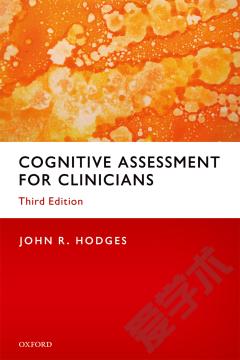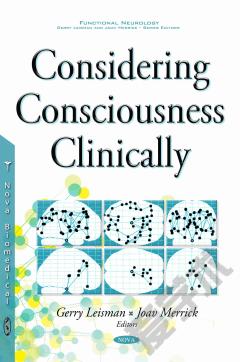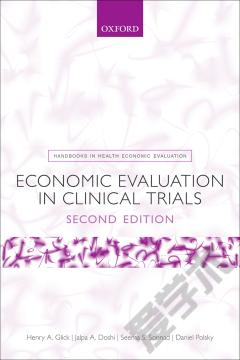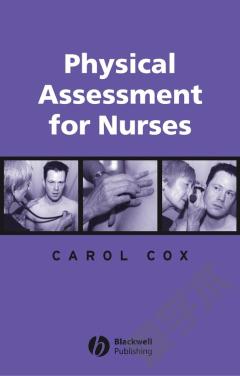Cognitive Assessment for Clinicians
Symptoms in cognitive disorders follow location and not pathology. Thus, for example, in Alzheimerâs disease, patients may present with a focal language syndrome, instead of the more commonly appreciated autobiographical memory disturbance, despite identical pathology. In contrast, large parts of the brain have limited eloquence, and may present in a similar fashion, despite notably different pathological processes. In our approach to the cognitive assessment, we maintain a symptom oriented approach. This in turn lends itself to localisation of pathology, and subsequently clinical diagnosis, which may be supplemented by associated neurological signs, imaging or other investigations. In its broadest sense, the purpose of the cognitive examination is to separate out those patients in whom a firm clinical diagnosis can be made, from those who require further and more detailed investigation. The history forms part of the examination, and the ability to respond to conversational cues is as much part of the examination as any formal assessment. In addition, the perspective of a reliable informant is essential, as memory disturbance and impaired insight are common. In any busy clinic, time is always an issue. Full cognitive assessment, including performance of various cognitive rating scales, generally takes an hour. Whatever the time available, a clear focus is needed early in the consultation. This directs attention to the relevant cognitive domains which need specific and more detailed examination. ### General We start by establishing a picture of pre-morbid functioning (for example, education, employment, significant relationships). Learning a little about the patientâs interests or hobbies allows one to tailor questions in the cognitive examination more precisely. The onset, and time course of the deterioration, is as important as the cluster of deficits, be they memory, language, visual function, behaviour, or indeed psychiatric. Often, the first noted deficit has diagnostic relevance. We try to interview both the patient â¦
{{comment.content}}








 京公网安备 11010802027623号
京公网安备 11010802027623号